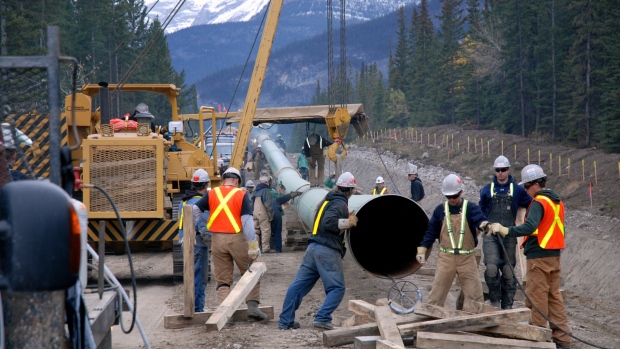The Canadian government announced that it was considering all its options on the Trans Mountain pipeline expansion, not ruling anything out. One of the possibilities is also an investment of public funds to keep the construction moving after the Canadian company Kinder Morgan Canada stopped working on the project and allowed till 31 May to scrap the plans to almost triple the capacity of its existing Trans Mountain pipeline.
The Trans Mountain Expansion Project was proposed in response to calls by oil companies to help them access new markets by increasing the capacity of North America’s only pipeline with access to the West Coast. The original pipeline that was built in 1953 continues to operate but its expansion is needed to twin the existing 1,500-km pipeline between Strathcona County located near Edmonton, Alberta and Burnaby, BC, which would create a system with the nominal capacity going from 300,000 barrels per day to 890,000 barrels per day. The extension is considered key to Canadian oil producers who are in a need of overseas markets. Canada sells most of its energy products to the United States.
The extension was approved by the federal government in 2016 but the approval is being challenged in court unless all the issues are resolved by the end of May. Moreover, British Columbia is debating whether it has jurisdiction to ban increased oil shipments through its territory. To move ahead with the project, Kinder Morgan needs more certainty, the company’s CEO said yesterday (9 April), which could mean “some kind of preemptive action” to make clear Canada’s jurisdiction over the extension. If the project is scrapped in the end, then the company would re-assess any write-off in the second quarter, he added.




